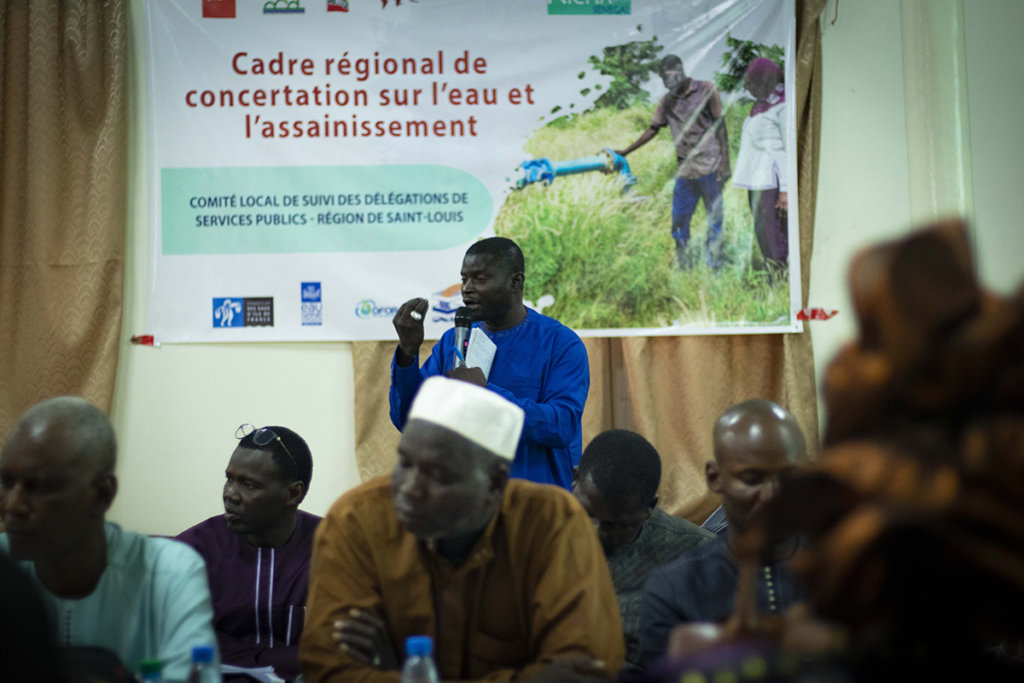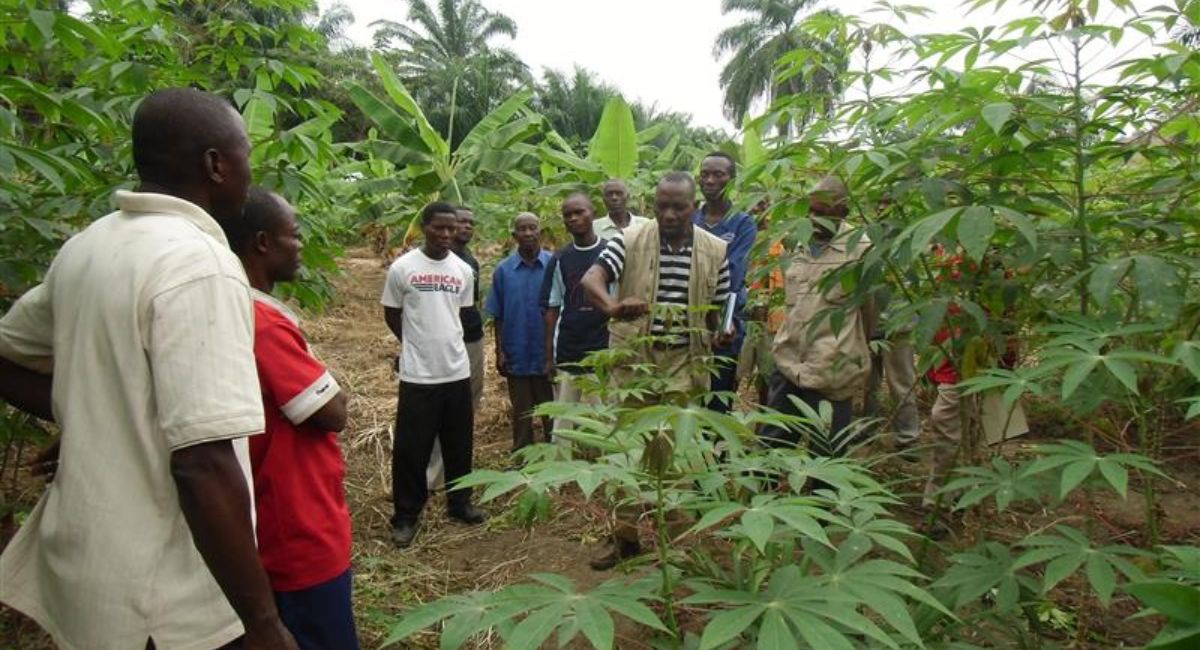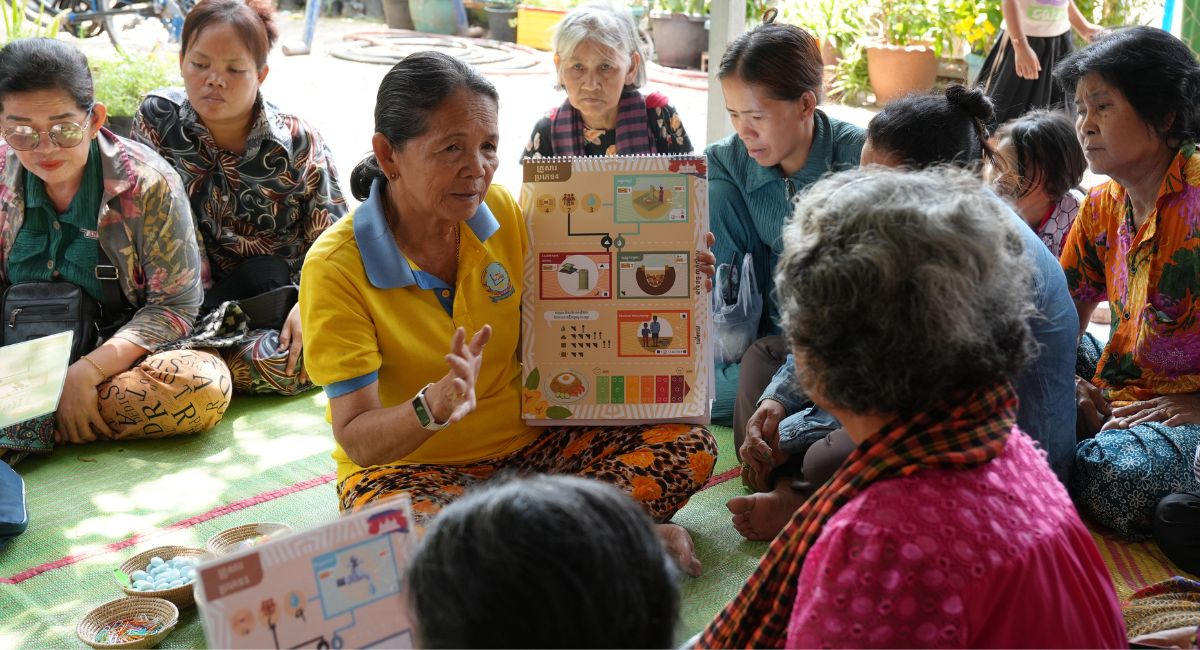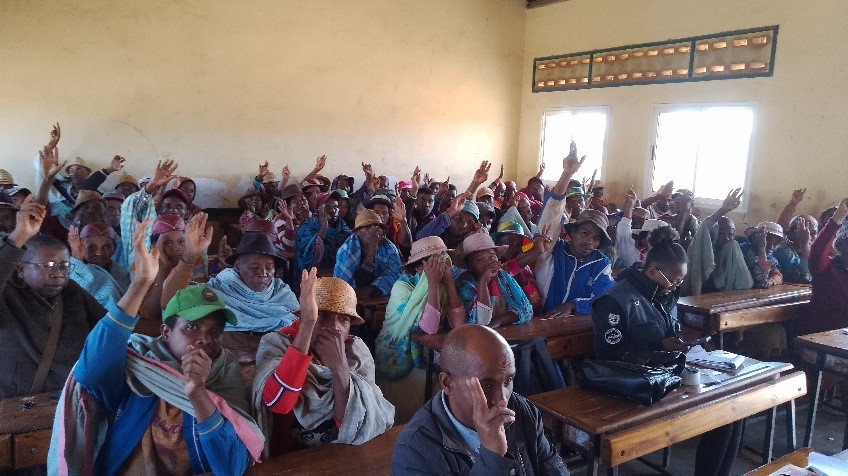In 2014, the Senegalese State began a new phase of reform in the rural hydraulics sector, with a view to professionalising water services management in rural areas of Senegal via public service delegation (PSD). To do this, the territory was divided into eight delegation zones, four of which have already been assigned to private operators.
Through the Office of rural drilling (Ofor), the Senegalese State chose delegated management for professional operation of drinking water services in rural areas. The objective is to supply rural populations with good quality water that is affordable, thanks to economies of scale.
Areas for improvement
However, difficulties arose relating to the operational implementation of this reform. Improving the quality of the service is proving difficult and a study conducted by GRET and Gaston Berger University in Saint-Louis highlighted a lack of information to populations on the changes generated. 76 % of residents questioned said they had not been correctly informed of this evolution, leading to reticence among populations and members of water users associations. An evaluation of the rural hydraulics reform, commissioned by President Macky Sall in 2020, made it possible to identify several recommendations for improvement. Among these, the evaluators stressed the importance of fast roll-out of regulation systems and frameworks for dialogue on the reform and on water services in rural areas, which had been planned in July 2019, but not completed.

Dialogue needs to be strengthened
The framework for regional consultation on water and sanitation in the Saint-Louis Region, launched as part of the Aicha programme, conducted with support from GRET since 2012, promotes the involvement of all stakeholders – in particular regional authorities and users – in the governance of water services. On 25 August last, the first Local committee for monitoring of PSD in the Saint-Louis region was set up, bringing together all stakeholders concerned.
Chaired by the Governor of the region, with the participation of Ofor’s Managing Director, regional authorities, delegated operators and representatives from users’ associations, a Local monitoring committee system seems necessary to ensure effective, sustainable services that respond to the needs and priorities expressed by populations. Such a system would enable:
- Users to have a formal space in which to express needs for improvement of drinking water services in their territory, whether in terms of new investments or the quality of existing services.
- Regional authorities to ensure coordination of actions initiated at local level and better harmonisation of interventions.
- Operators to conduct constant dialogue in proximity with users and regional authorities, to foster greater understanding of operators’ missions and constraints.
- Ofor to ensure its mission in terms of regulating private operators at local level, operationalise its mission to support local authorities to better plan investments that are more suited to the needs of the various stakeholders.
The challenge today is to maintain and facilitate this body for joint governance of drinking water services in rural areas, so that it can demonstrate its pertinence at all levels. With a wealth of experience in joint governance of water services, GRET will continue providing support to Ofor and the Senegalese State.





